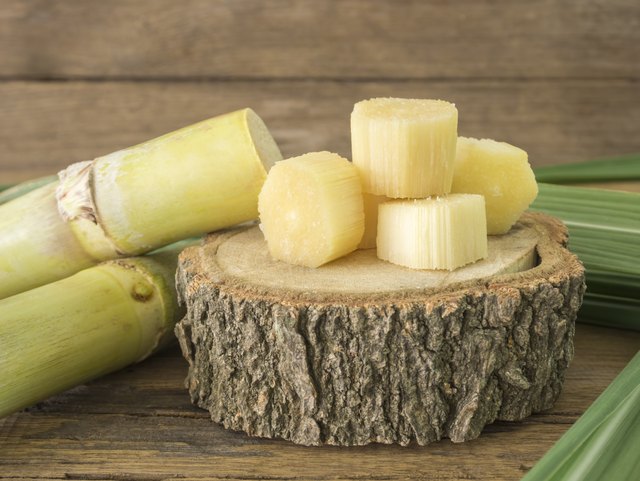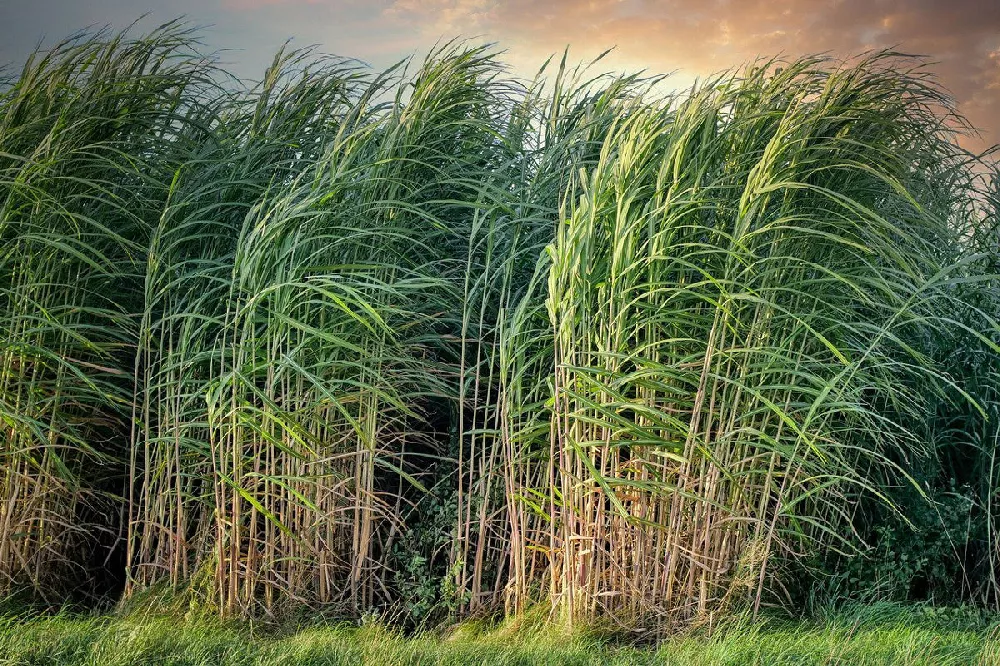Why Sugar and Cane Are Essential Ingredients in Baking and Cooking
Why Sugar and Cane Are Essential Ingredients in Baking and Cooking
Blog Article
Why Walking Stick Sugar Handling Chemicals Are Important for Modern Sugar Refining
The role of walking stick sugar processing chemicals in contemporary sugar refining can not be overemphasized, as they are important to improving both the effectiveness of extraction and the overall high quality of the final product. Representatives such as phosphoric acid and specific flocculants are employed to eliminate impurities, resulting in sugar that not just satisfies consumer expectations yet additionally sticks to industry criteria.
Function of Processing Chemicals
The efficacy of cane sugar processing pivots dramatically on the strategic application of processing chemicals. These chemicals play a crucial duty in enhancing the efficiency and quality of sugar extraction and refining. From the initial phases of juice extraction to the last filtration actions, processing chemicals help with various crucial operations.
In the extraction phase, chemicals such as phosphoric acid and calcium hydroxide are used to maximize the information procedure, aiding to remove impurities and put on hold solids from the walking cane juice. This not just boosts the return but also makes sure the clarity of the end product. In addition, agents like flocculants aid in the rapid settling of impurities, thus improving the total process.
As the processing advances, chemicals are used in decolorization and condensation stages. Turned on carbon and ion exchange materials serve to remove shade and smell, making certain that the polished sugar satisfies consumer high quality requirements. Inevitably, the function of handling chemicals expands past operational effectiveness; they considerably influence the sensory qualities of the end product, contributing to market competitiveness. Therefore, the thorough option and application of these chemicals are important for accomplishing ideal end results in cane sugar handling.
Secret Kinds Of Chemicals
Walking cane sugar handling counts on a selection of crucial chemicals that help with each stage of manufacturing. These chemicals play important roles in clearing up, whitening, and detoxifying the sugar removed from walking cane.
One key classification of chemicals includes flocculants, such as polyacrylamide, which aid in the information procedure by promoting the gathering and settling of impurities. Furthermore, calcium hydroxide is frequently used to counteract acidity and assist in the elimination of non-sugar elements.
Lightening representatives, such as activated carbon and sulfur dioxide, are used to decolorize the syrup, leading to a clearer end product. These chemicals help remove shade substances that might impact the sugar's appearance and bankability.
Furthermore, phosphoric acid acts as a pH regulator during the processing stages, making sure ideal conditions for the enzymatic tasks entailed in sugar removal and filtration.
Other vital representatives include edta (ethylenediaminetetraacetic acid), which chelates steel ions that might militarize undesirable responses, and sodium hydroxide, which helps in pH control throughout the refining process. Collectively, these chemicals improve efficiency and make certain a high-quality cane sugar product.
Advantages for Sugar Quality
Commonly ignored, the usage of specific handling chemicals substantially improves the overall top quality of walking cane sugar. These chemicals play a pivotal duty in refining processes, guaranteeing that the final item meets rigid market requirements for purity and taste.

Additionally, processing chemicals aid in accomplishing a regular granulation and appearance, which are important for customer approval. By regulating the formation process, these chemicals make sure that the sugar crystals develop uniformly, leading to an extra enticing item that dissolves well in numerous applications.
Moreover, making use of these chemicals can improve the life span of walking stick sugar by minimizing dampness absorption and microbial growth. In general, the calculated application of processing chemicals is vital for providing top quality cane sugar that meets customer assumptions and industry demands.
Environmental Influence Factors To Consider

Moreover, the energy-intensive nature of sugar refining, compounded by chemical usage, usually results in boosted carbon exhausts. This adds to environment change and elevates issues relating to the sustainability of existing refining practices. Furthermore, the sourcing of these chemicals might include practices that intimidate biodiversity, such as monoculture farming, which decreases the resilience of agricultural environments.

To reduce these impacts, sugar refiners are significantly checking out sustainable choices and taking on ideal techniques that decrease chemical use. Executing extensive environmental monitoring systems can help guarantee that the refining process straightens with ecological standards and advertises biodiversity. Ultimately, a balanced technique that focuses on both sugar high quality and ecological stewardship is necessary for the lasting viability of the sugar market.
Future Patterns in Refining
As Read Full Report the sugar industry comes to grips with the environmental difficulties related to standard refining approaches, cutting-edge approaches are emerging to enhance both efficiency and sustainability. One considerable pattern is the fostering of environment-friendly chemistry principles, which focus on making use of safe, biodegradable handling chemicals. This shift not only decreases additional hints environmental effect however also addresses consumer need for cleaner manufacturing techniques.
One more promising growth is the implementation of advanced filtering modern technologies, such as membrane separation and adsorption procedures. These methods improve the clearness and high quality of the sugar while reducing the quantity of wastewater generated during refining. Furthermore, the integration of digital innovations, consisting of IoT and AI, is transforming functional performance by allowing real-time surveillance and anticipating upkeep, hence minimizing source waste.
Moreover, using by-products from sugar refining, such as bagasse and molasses, is obtaining traction. These materials can be transformed right into biofuels or value-added products, adding to a round economic climate within the industry. Collectively, these patterns signal a change in the direction of more lasting methods that not only improve functional performance but also align with global sustainability goals, making certain the future practicality of sugar refining.
Verdict
Walking stick sugar handling chemicals are vital in contemporary sugar refining, dramatically improving the performance and top quality of sugar extraction. The critical usage of these chemicals not only enhances the pureness and taste of the end product however also makes certain consistent condensation and texture. As the industry progressively focuses on sustainability, the adoption of environmentally-friendly handling agents is most likely to form future fads in refining, inevitably causing greater quality products and extended service life for consumers.

Ultimately, a balanced technique that focuses on both sugar quality and environmental stewardship is essential for the long-lasting feasibility of the sugar sector.
Cane sugar processing chemicals are vital in contemporary sugar refining, dramatically boosting the efficiency and quality of sugar extraction.
Report this page